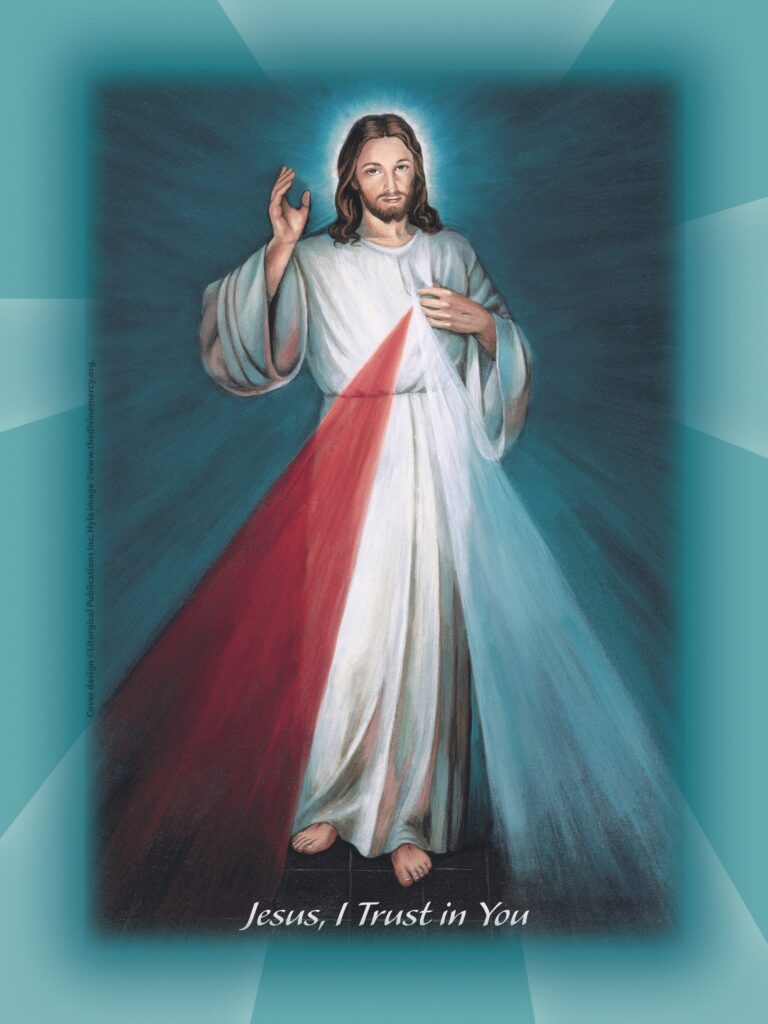The Epiphany of the Lord
Isaiah 60:1-6
Psalm 72:1-2, 7-8, 10-11, 12-13 (11)
Ephesians 3:2-3a, 5-6
Matthew 2:1-12
January 2, 2022
Today we celebrate The Epiphany of the Lord.
We know the story of the magi, traditionally referred to as the three kings. They came to give homage to Jesus. Why do we call this “The Epiphany of the Lord?”
There are, in fact, numerous stories of “epiphanies” in the Old Testament. To understand this, we must understand what the word “epiphany” means.
The word “epiphany” means “manifestation.” The Lord chooses at times to make his presence known. One might think here of the story in Exodus 3 of the Burning Bush when God made his presence known to Moses. There is the story in 1 Kings 19 of when God made his presence known to Elijah in the tiny whispering sound.
Why did God choose to manifest himself in these epiphanies?
With Moses, God knew of Moses’ upbringing, how he had been separated from his people at birth, and how he fled Egypt. God also knew what He was about to ask of Moses. He knew Moses needed assurance of who He is.
For Elijah, God knew Elijah was fleeing in fear from Jezebel who wanted to kill him. The fear led to darkness. God came to Elijah to shine his light upon him.
Knowing the presence of God, Moses and Elijah would become radiant and their hearts throbbed. They were strengthened to fulfill God’s will for them.
So, there are numerous epiphanies in the Bible. In each of them, God chooses to reveal himself.
In the story of the magi, God reveals to us that the Gentiles are to be “coheirs” in what the Lord offers us.
If there are numerous epiphanies, why do we call this one “The Epiphany of the Lord?”
In the story of the burning bush God revealed himself in the burning bush but it was not him in human form. In the whispering sound God came to Elijah but, again, it was not God in human form.
In our Christmas story, God does not simply make his presence felt. In baby Jesus, God actually becomes one of us.
This has been God’s plan all along. Through Isaiah God had spoken of those who would come bearing gifts of gold and frankincense. In Psalm 72 we hear of the kings who will come offering gifts and paying homage to the Lord.
The magi come from the east to see “the newborn king of the Jews.” The magi are not Jews. They are Gentiles but they realize the sacredness of Jesus’ birth and come to “do him homage.”
Yet, King Herod, who was from Jewish heritage, did not rejoice at news of the birth of a new king for the Jews. In fact, Herod was greatly troubled by the news. Why? Because he saw Jesus as a threat to his power.
Herod was not alone in being “greatly troubled.” All of Jerusalem was troubled with him. Perhaps they realized they were not living as they should. If the Messiah has come, then they were going to have to change their ways.
Discussions happened. The chief priests and scribes said the new king was to be born in Bethlehem. Herod shared this with the magi. Then he “ascertained from them the time of the star’s appearance.” He claimed he wanted to pay homage to Jesus. What he really wanted to do was kill Jesus.
The magi continued on their way, led to Jesus by the star. Finding Jesus, “They prostrated themselves and did him homage.” They recognized the greatness of Jesus. Do we? Our genuflections and bows are to recognize God present to us.
The magi brought gifts to Jesus that point to who Jesus is and what He will do for us.
The gold signifies the kingship of Jesus.
The frankincense symbolizes the divinity of Jesus.
The myrrh, as oil used to anoint at death, prefigures the death of Jesus that brings us salvation.
God has given his Son for us. Jesus gives his life for us. Here lies the true gift of Christmas.
What gift do you bring to Jesus?
What do you get for the person who has everything?
We give him our love. We give him our very selves. We let God transform us, we become “radiant” at what we see and our hearts throb with love for God. We shine with the light of Jesus. From this what God spoke through Isaiah is fulfilled, “Nations shall walk by your light, and kings by your shining radiance.”
Let what you see in Jesus shine through you to the world.

